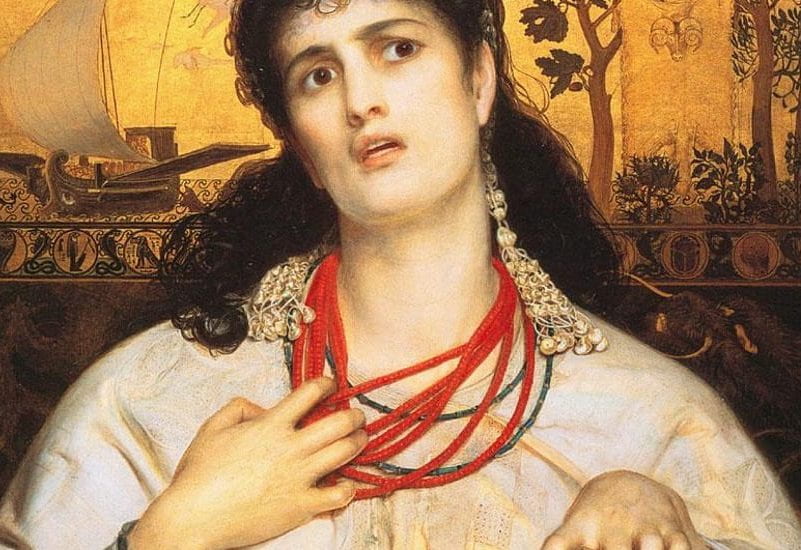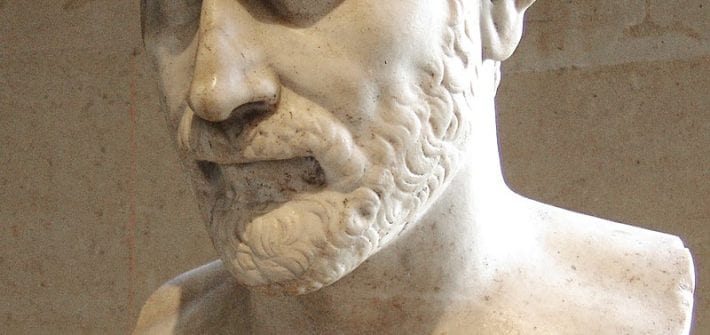The Egyptian Revival Jewelry Movement: Exploring the Ethics of Cultural Influence
By Angela Nguyen
Throughout the 19th and 20th centuries, the allure of ancient Egypt swept across the globe. Its grand architecture, enigmatic gods, and powerful civilization sparked a worldwide fascination, which reached new heights with the 1828 release of “Description de l’Égypte,” chronicling Napoleon’s expedition into Egypt, the historic completion of the Suez Canal in 1869, and culminating in the groundbreaking unearthing of King Tutankhamun’s tomb in 1922. These moments brought ancient Egyptian wonders to the forefront, which became mainstream culture via fashion, art, and architecture in a wave known as “Egyptomania.”














